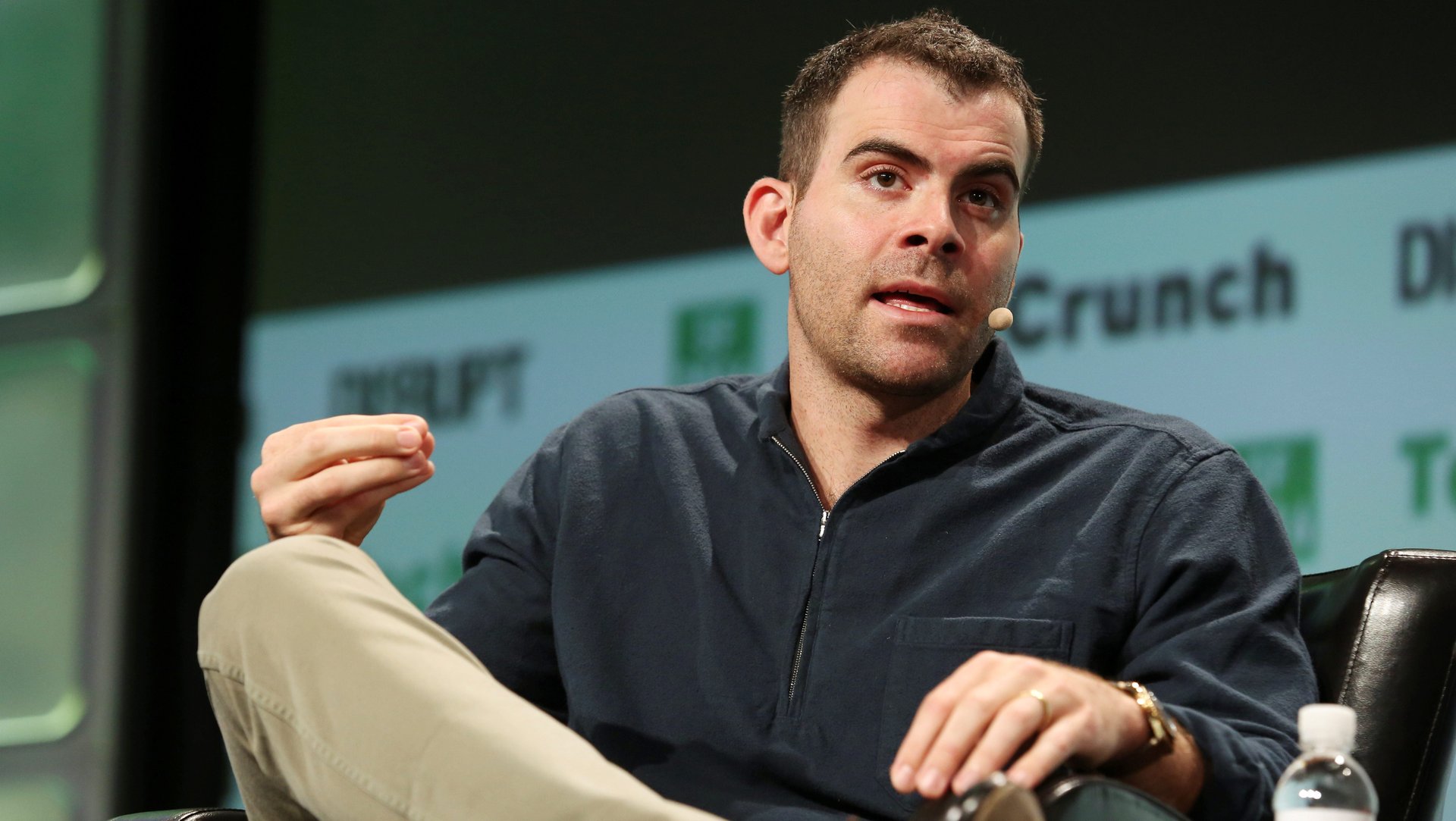Despite tests, Facebook is adamant it won’t charge publishers to stay in News Feed
A controversial test of Facebook’s new feature in several countries has news publishers very worried about their business—but the company is adamant that there is nothing to fret about.


A controversial test of Facebook’s new feature in several countries has news publishers very worried about their business—but the company is adamant that there is nothing to fret about.
Facebook recently rolled a new feed called “Explore,” which aggregates content that it thinks you might like, but that you don’t necessarily follow (the results are…not great, at least for Quartz journalists). In Sri Lanka, Bolivia, Slovakia, Serbia, Guatemala, and Cambodia, the company pushed all content from Facebook Pages, which includes news publishers, into the hard-to-find Explore feed, leaving only posts from friends and sponsored content in its most read News Feed.
A post on Medium from Slovakian journalist Filip Struharik, started the panic among news organizations, who have come to depend on Facebook to drive a large share of their traffic. He said that the organic reach of some news pages fell by two-thirds. Immediately, speculation began that Facebook would ask publishers to pay to stay within the News Feed, which could upend many business strategies in the industry.
Facebook denied this was the case, with the head of News Feed, Adam Mosseri, saying in a post: “There is no current plan to roll this out beyond these test countries or to charge pages on Facebook to pay for all their distribution in News Feed or Explore.” At a media event in New York Tuesday, he said Facebook runs thousands of tests every day, and this was just one of them, which would “inform” a number of ideas for Facebook. Still, the prospect of Facebook de-emphasizing news is looming over publishers worldwide.
The Explore test comes amid the social media’s newly tense relationship with legitimate publishers. Fake news has been crowding out real news—during the 2016 presidential election in the US, such posts got higher engagement than those of all top news outlets combined. Although more and more people access news from Facebook and it makes all its money from ad revenue, the company maintains it’s not a media company and, of course, shouldn’t be regulated like one. Yet, small changes in its algorithm, as seen earlier this year, can significantly affect traffic to news sites and, thus, publishers’ bottom lines.
Perhaps adding insult to injury, Facebook on Tuesday introduced new guidelines for publishers. Mosseri said that “clickbait and sensationalism are the number one complaint about News Feed.” In its guidelines, the company is encouraging publishers to post content that’s “meaningful and informative,” since that is what users value, rather than hyped-up headlines.